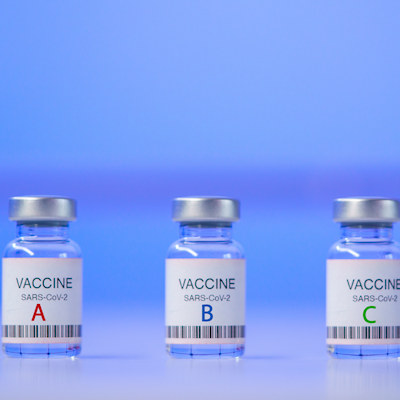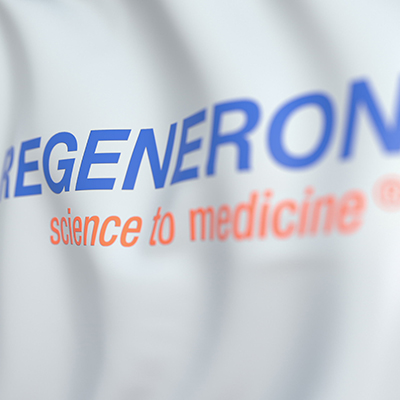April 9, 2021 -- Regeneron Pharmaceuticals said the U.S. National Institutes of Health (NIH) strongly recommends its Regen-CoV (casirivimab with imdevimab) as an outpatient treatment for COVID-19 patients at high risk of clinical progression.
In addition, some NIH panel members recommended the drug for areas with variants of the virus, as the monoclonal antibody treatment retains potency in vitro.
The newly updated treatment guidelines are based in part on clinical data involving more than 4,500 outpatients showing that Regen-CoV significantly reduced the risk of hospitalization or death by 70% versus placebo. The NIH's recommendation means Regen-CoV is one step closer to being made available for all applicable patients in the U.S., Regeneron said.
Copyright © 2021 scienceboard.net











